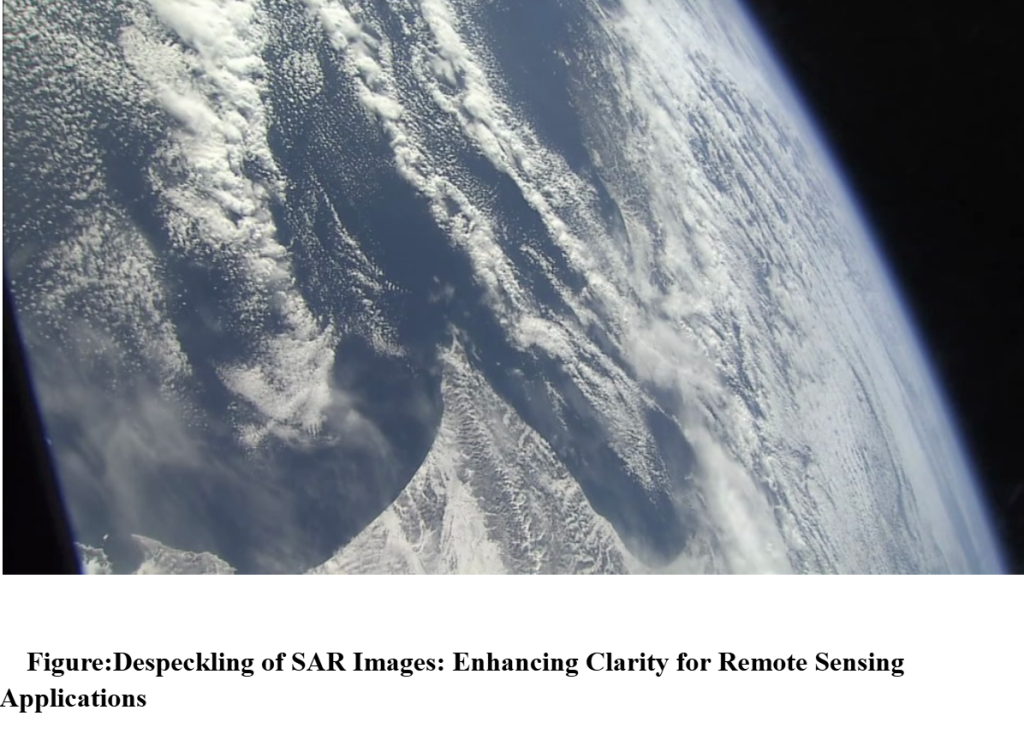DRDO
Need:
Improve image quality
Enhance feature extraction
Improve classification accuracy
Facilitate change detection
Domains Involved:
Signal Processing
Image Processing
Remote Sensing
Research Staff:
Dr. Antony Louis Piriyakumar
Alisha Joy A
Kiran Badakambi
Outcome:
1. Lee Filter
A statistical filter designed to reduce speckle noise in images. It operates by modeling the radar return based on the local mean and variance of pixel intensities.
2. Frost Filter
Reduces speckle by applying an exponential weighting function that decreases with distance from the central pixel, preserving edges while smoothing noise.
3. Kuan Filter
Handles speckle as multiplicative noise, transforming it into additive noise for more effective filtering and easier post-processing.






